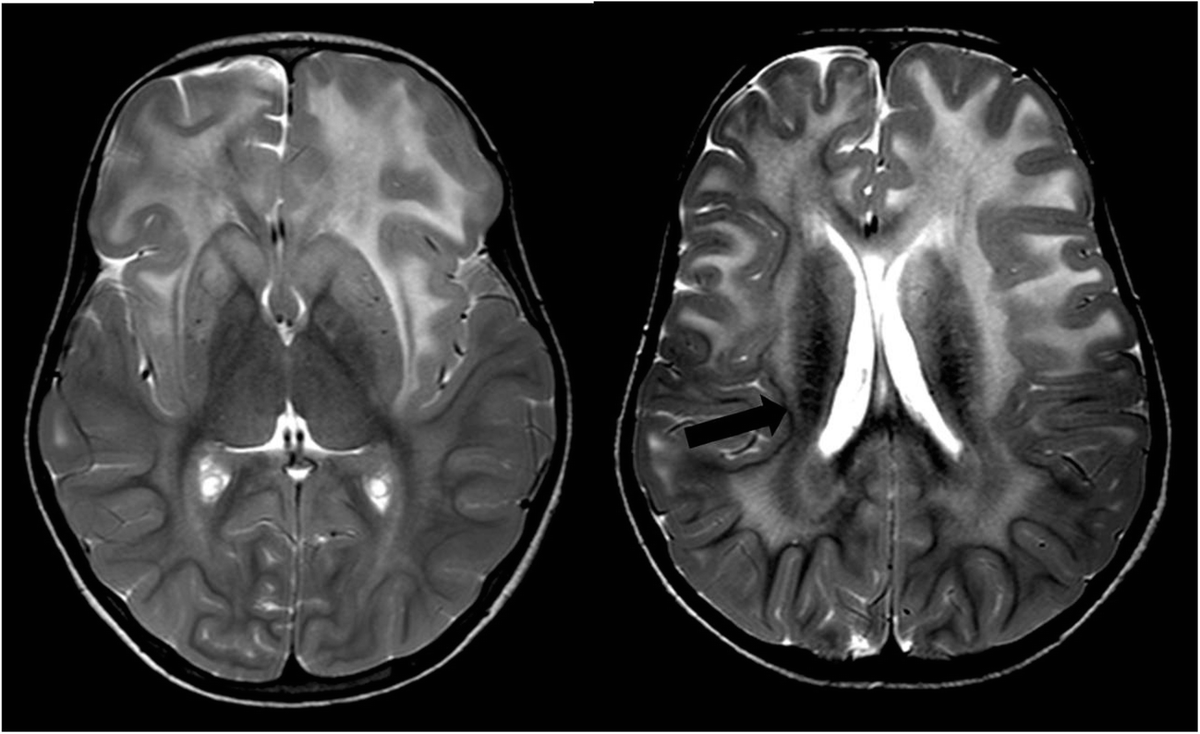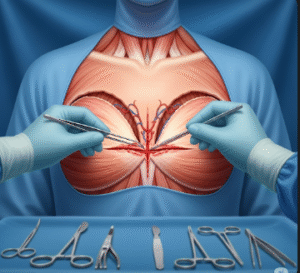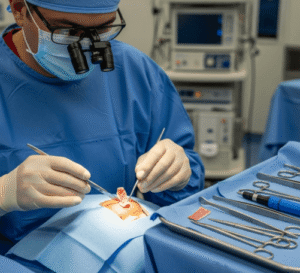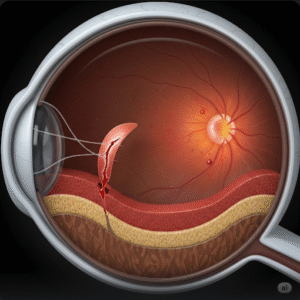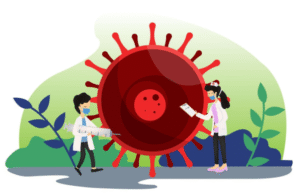Overview
Alexander Disease is a rare, progressive disorder of the central nervous system that affects the brain’s white matter. It is classified as a type of leukodystrophy, a group of disorders that involve the degeneration of myelin—the protective covering of nerve fibers. This disease primarily affects infants and young children, although later-onset forms also occur.
What is Alexander Disease?
Alexander Disease is a genetic neurological disorder caused by mutations in the GFAP (glial fibrillary acidic protein) gene. This mutation leads to the abnormal buildup of proteins called Rosenthal fibers in the brain’s astrocytes, a type of support cell in the central nervous system. The presence of these fibers disrupts normal brain function and causes a range of neurological symptoms.
There are three types based on the age of onset:
- Infantile (most common and severe)
- Juvenile
- Adult-onset
Symptoms
Symptoms vary depending on the type and severity but may include:
- Developmental delays or regression
- Enlarged head (macrocephaly)
- Seizures
- Muscle stiffness or spasticity
- Difficulty swallowing or speaking
- Poor coordination and balance
- Cognitive impairment
- Breathing difficulties (in later stages)
Causes
Alexander Disease is caused by mutations in the GFAP gene, which is inherited in an autosomal dominant pattern. However, most cases are due to new (de novo) mutations, meaning they occur randomly and are not inherited from the parents.
The mutated GFAP gene leads to the accumulation of Rosenthal fibers, which disrupt normal astrocyte function and lead to damage in the central nervous system.
Risk Factors
- Genetic Mutation: The presence of a GFAP gene mutation is the primary and only confirmed risk factor.
- No family history required: Since most cases are de novo mutations, having no affected relatives does not eliminate the risk.
Complications
As the disease progresses, several complications can develop:
- Loss of motor functions
- Difficulty eating and breathing
- Progressive cognitive decline
- Increased risk of infections
- Shortened life expectancy, particularly in the infantile form
Prevention
Currently, there is no known way to prevent Alexander Disease, as most cases arise from spontaneous genetic mutations. However:
- Genetic counseling may be helpful for families with a known GFAP mutation.
- Prenatal genetic testing might be an option in rare familial cases.
Treatment Options in Korea
While there is no cure for Alexander Disease, South Korea offers advanced supportive care and symptom management through multidisciplinary medical teams:
- Neurology & Pediatric Neurology Clinics: Major hospitals like Severance Hospital, Asan Medical Center, and Samsung Medical Center provide expert diagnosis and follow-up.
- Seizure Management: Antiepileptic medications are used to control seizures.
- Rehabilitation Therapy: Physical, occupational, and speech therapy to improve motor and communication skills.
- Nutritional Support: Feeding support and diet plans by pediatric nutrition specialists.
- Respiratory Support: Breathing aids or non-invasive ventilation in advanced cases.
- Genetic Testing & Counseling: Available through Korean genomics labs and university hospitals.
Though curative treatment is not available, Korea’s strong pediatric neurology infrastructure helps manage quality of life and slow progression through early intervention and ongoing care.

